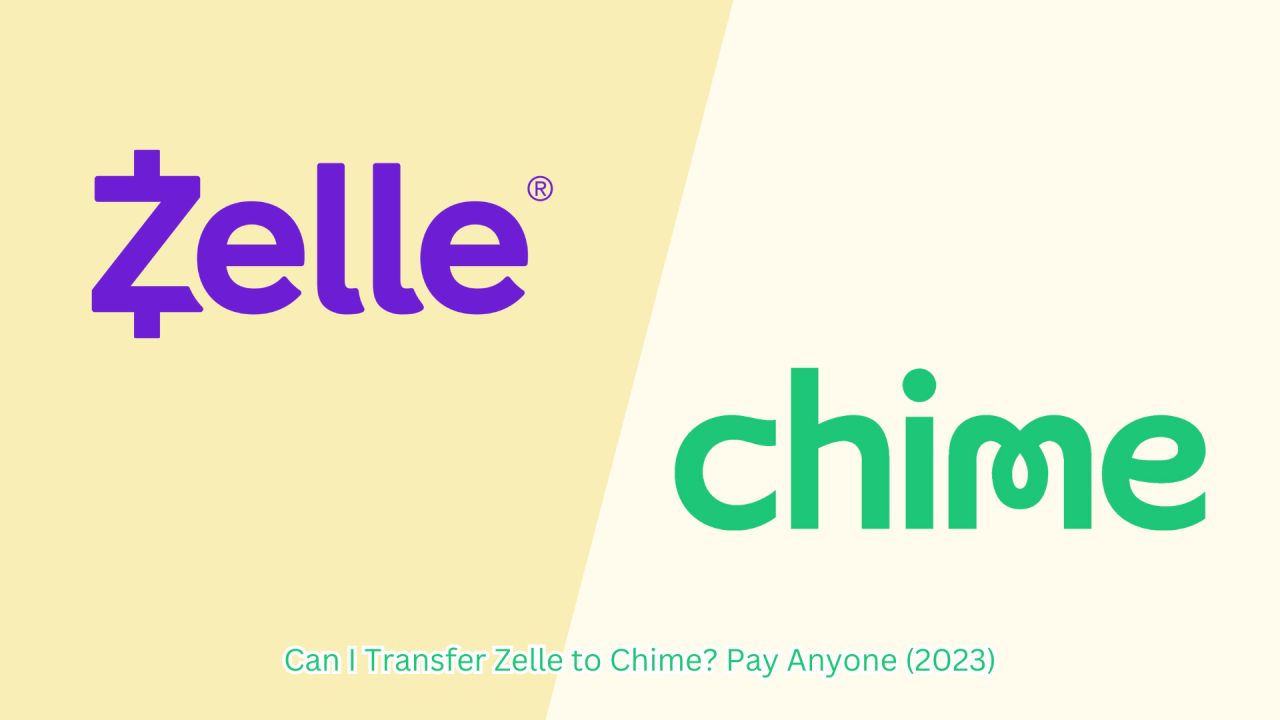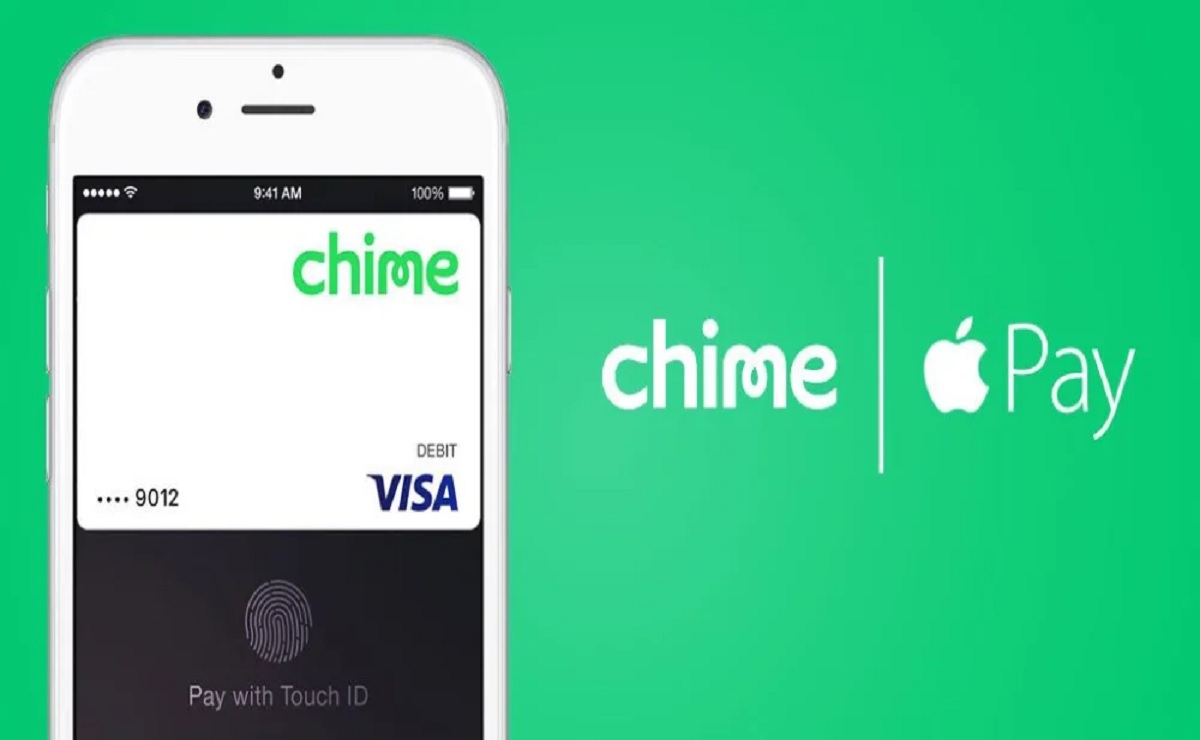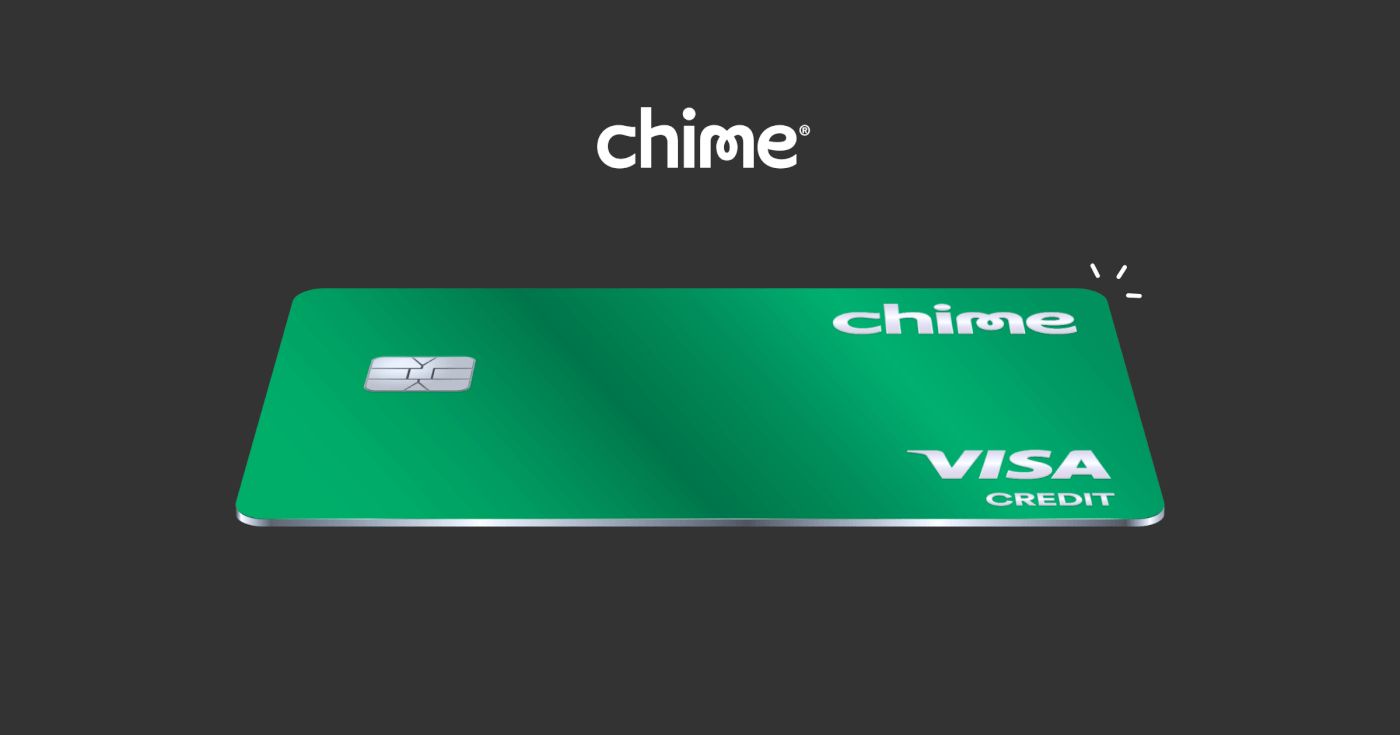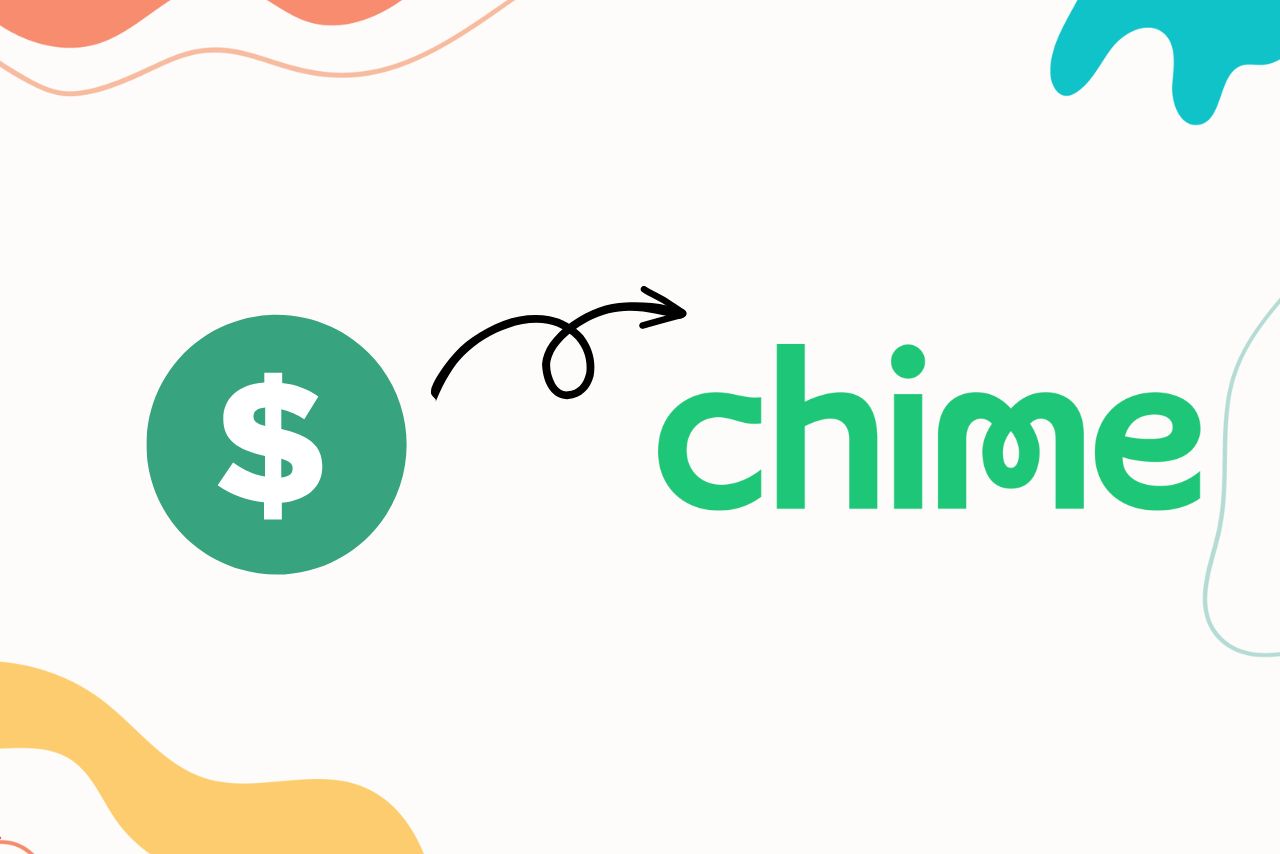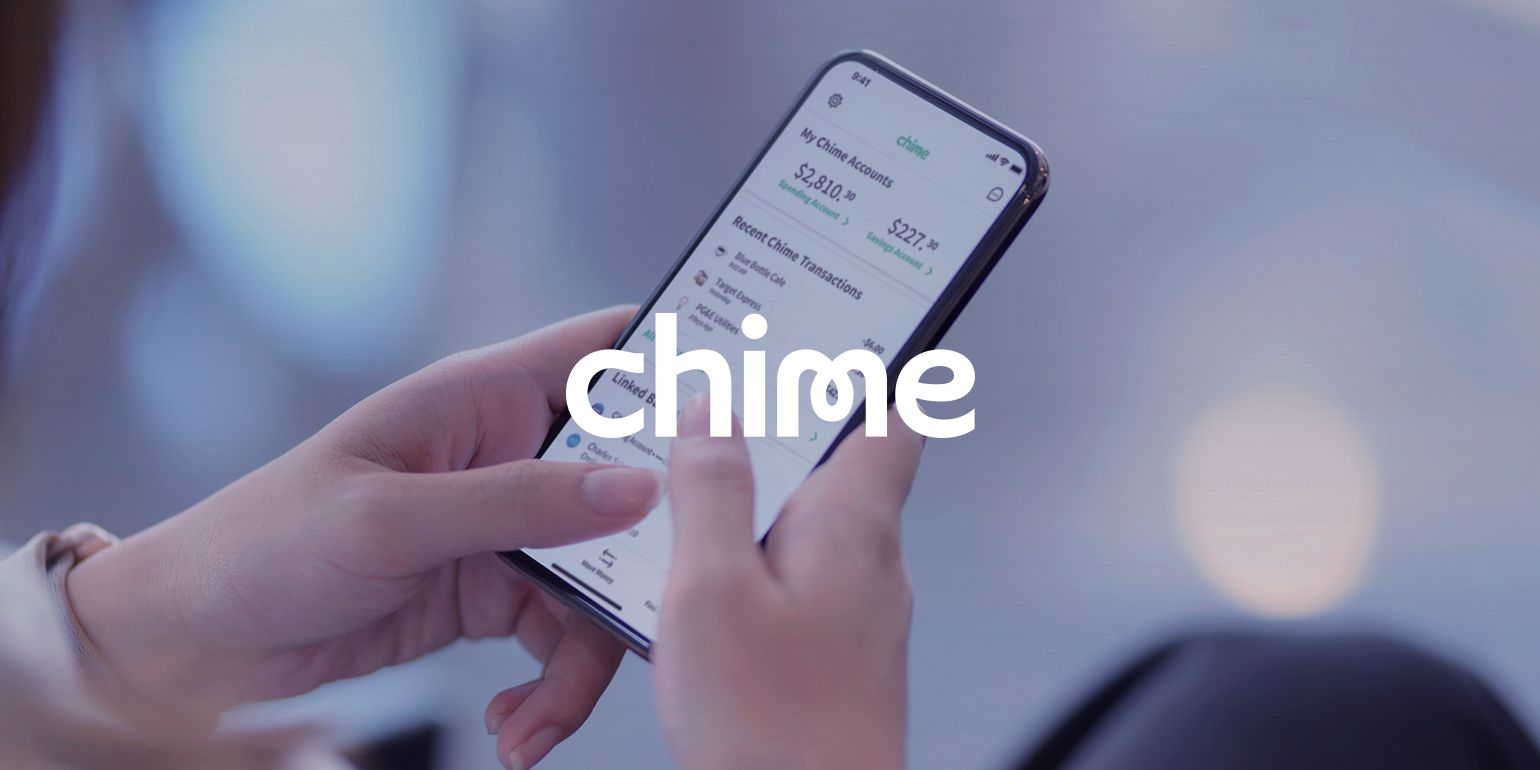Introduction
Welcome to our article on the topic, “Why Can’t I Get a Chime Card?” If you’ve been wondering why you’re having trouble getting a Chime Card, you’ve come to the right place. The Chime Card is a popular option for individuals who are looking for a convenient and user-friendly banking experience. However, there are certain factors that may prevent you from obtaining a Chime Card, and we’re here to shed some light on those reasons.
Understanding why you can’t get a Chime Card is essential in navigating your financial options. We’ll explore common roadblocks, such as insufficient credit scores, high numbers of overdrafts, inaccurate personal information, and poor banking history. By identifying these hurdles, you’ll be better equipped to find alternative solutions that meet your banking needs.
So, if you’ve been wondering why you’re being denied a Chime Card, keep reading. In this article, we’ll provide insights into the requirements and factors that can affect your eligibility for a Chime Card. We’ll also offer alternative options to consider if a Chime Card is not available to you at this time. Let’s dive in and uncover the reasons why you might be having difficulty obtaining a Chime Card.
What is a Chime Card?
A Chime Card is a type of debit card that is offered by the digital banking platform, Chime. It acts as a convenient tool for managing your finances, providing you with access to your funds and allowing you to make purchases both online and in-person. The Chime Card is linked to your Chime account, which is a mobile-based banking service that offers various features and benefits.
Unlike traditional banks, Chime operates entirely online, which means you can access your account and manage your finances through their mobile app or website. With a Chime Card, you can make purchases, withdraw cash from ATMs, deposit funds, and even receive direct deposits.
What sets the Chime Card apart from other traditional debit cards is its unique features and benefits. One of the key advantages of a Chime Card is the lack of fees. Chime doesn’t charge any monthly service fees, overdraft fees, or foreign transaction fees. This makes it a popular choice for those looking to avoid unnecessary charges and keep more money in their pockets.
In addition to its fee-free structure, the Chime Card offers other noteworthy features. Chime users can take advantage of early wage access, which allows them to receive their paycheck up to two days earlier than traditional banking methods. Moreover, Chime provides real-time transaction alerts and notifications, helping users stay on top of their spending and financial activity.
Overall, the Chime Card is designed to offer a modern and hassle-free banking experience. Its features and benefits make it an attractive option for those who want to simplify their finances and avoid unnecessary fees. However, it’s important to note that obtaining a Chime Card may not be possible for everyone. In the following sections, we’ll explore the common reasons why you might be experiencing difficulties in obtaining a Chime Card.
Benefits of a Chime Card
The Chime Card offers several benefits that can enhance your financial management and make your banking experience more convenient. Let’s take a closer look at some of the key advantages of having a Chime Card:
- No fees: One of the standout features of the Chime Card is its fee-free structure. Unlike traditional banks that impose monthly service fees, overdraft fees, and foreign transaction fees, Chime doesn’t charge any of these fees. This means you can save money and have more control over your finances.
- Early wage access: Chime offers the option of early wage access, which allows you to receive your paycheck up to two days earlier than traditional banking methods. This can provide much-needed flexibility and convenience, especially if you’re living paycheck to paycheck.
- Real-time alerts and notifications: With the Chime Card, you can stay on top of your financial activity through real-time transaction alerts and notifications. This helps you keep track of your spending and detect any unauthorized transactions promptly, providing peace of mind and security.
- Mobile banking: As a digital banking platform, Chime offers a mobile app that allows you to manage your account, deposit checks, transfer funds, and more, all from the convenience of your smartphone. This means you can have full control over your finances wherever you go, without the need to visit a physical bank branch.
- Savings account integration: Chime also provides the option to have a linked savings account, allowing you to set money aside for future goals or emergencies. This feature can help you develop good saving habits and work towards financial stability.
These benefits make the Chime Card an appealing option for individuals seeking a modern and customer-centric banking experience. However, it’s important to note that these advantages may vary based on individual circumstances, and eligibility for a Chime Card is subject to certain requirements and criteria.
In the following sections, we’ll explore some common reasons why you might be facing challenges in obtaining a Chime Card.
Common Reasons Why You Can’t Get a Chime Card
While the Chime Card offers various benefits, there are several reasons why you might be facing difficulty getting approved for one. Understanding these common reasons can help shed light on the potential barriers that you may need to address. Below are some of the most frequently encountered obstacles:
- Insufficient Credit Score: Chime may require a minimum credit score for approval. If your credit score falls below their threshold, you may be denied a Chime Card. Building your credit score by consistently paying bills on time and managing your finances responsibly can increase your chances of qualifying for a Chime Card in the future.
- High Number of Overdrafts: If you have a history of frequent overdrafts with other banks, it may negatively impact your eligibility for a Chime Card. Chime prioritizes responsible banking practices, and a high number of overdrafts may indicate a higher risk for them.
- Inaccurate Personal Information: Providing inaccurate personal information during the application process can lead to the rejection of your Chime Card application. Make sure to double-check all the details you provide to ensure accuracy and authenticity.
- Poor Banking History: If your banking history includes instances of account closures, fraudulent activity, or a negative banking record, Chime may reject your application. Maintaining a positive banking history by responsibly managing your accounts can improve your chances of getting approved.
It’s essential to note that these reasons are not exhaustive, and Chime’s approval process may consider various factors beyond what’s outlined here. If you’ve been denied a Chime Card, it might be beneficial to contact Chime directly to gain further insights into the specific reasons for your rejection.
Now that we’ve explored the common hurdles that can prevent you from obtaining a Chime Card, let’s discuss some alternative options you might consider if a Chime Card is not accessible to you at this time.
Insufficient Credit Score
One of the common reasons why you may be unable to get a Chime Card is an insufficient credit score. Chime, like many financial institutions, may have a minimum credit score requirement for eligibility. Your credit score is a numerical representation of your creditworthiness and financial history, based on factors such as payment history, credit utilization, length of credit history, and types of credit accounts.
If your credit score falls below the threshold set by Chime, it can be challenging to get approved for a Chime Card. A lower credit score may suggest a higher risk for the bank. However, it’s important to note that Chime takes a holistic approach during the application process and considers other factors, such as your banking history and overall financial situation.
To improve your chances of qualifying for a Chime Card in the future, there are a few steps you can take:
- Check your credit report: Obtain a copy of your credit report from one of the major credit bureaus (Equifax, Experian, or TransUnion) and review it for any errors or discrepancies. If you find any inaccuracies, such as accounts that don’t belong to you or outdated information, make sure to dispute them to improve your credit score.
- Pay your bills on time: Consistently paying your bills by their due dates is crucial for maintaining a positive credit history. Late or missed payments can negatively impact your credit score. Set up reminders or automatic payments to ensure you never miss a payment.
- Reduce your credit utilization: Your credit utilization ratio is the amount of credit you’re using compared to your total credit limit. Aim to keep your credit utilization below 30% to demonstrate responsible credit management and boost your credit score.
- Build your credit history: If you have limited or no credit history, consider applying for a secured credit card or becoming an authorized user on someone else’s credit card. Making timely payments and keeping low balances can help establish and improve your credit history.
Improving your credit score takes time and effort, but it’s a worthwhile endeavor that can open up a range of financial opportunities, including eligibility for a Chime Card. By demonstrating responsible credit usage and making positive changes to your credit profile, you can enhance your chances of obtaining a Chime Card in the future.
Next, let’s explore another common reason why you may be unable to get a Chime Card: a high number of overdrafts.
High Number of Overdrafts
If you have a high number of overdrafts on your banking history, it may be a contributing factor to not being able to get a Chime Card. Overdrafts occur when you spend more money than is available in your account, resulting in a negative balance. Frequent overdrafts may indicate potential financial instability and can raise concerns for Chime when reviewing your application.
Chime promotes responsible banking practices, and they aim to provide their customers with a convenient and fee-free banking experience. Therefore, having a history of multiple overdrafts can be viewed as a higher risk and may lead to the denial of a Chime Card.
If overdrafts have been a recurring issue for you, there are steps you can take to address the situation:
- Create a budget: Establish a budget that outlines your income and expenses. This will help you gain a better understanding of your financial situation and enable you to make informed decisions about your spending.
- Monitor your account: Keep a close eye on your account balance and transactions to ensure you have enough funds to cover your expenses. Utilize Chime’s real-time alerts and notifications to stay informed about your account activity.
- Set up overdraft protection: Many banks offer overdraft protection services that can help prevent overdrafts by linking your checking account to a savings account or a line of credit. If you’re eligible, consider setting up this feature to avoid overdraft fees and maintain a positive banking history.
- Communicate with Chime: If you have a specific circumstance or a valid reason behind the high number of overdrafts, it may be helpful to reach out to Chime directly. They might be willing to consider your situation and work with you to find a suitable solution.
By implementing these strategies, you can demonstrate a commitment to responsible financial management and gradually reduce the occurrence of overdrafts. Taking control of your spending habits and establishing a solid banking history can significantly improve your chances of securing a Chime Card in the future.
Next, let’s explore the impact of inaccurate personal information on your application for a Chime Card.
Inaccurate Personal Information
Providing inaccurate personal information during the application process can be a common reason why you may not be able to get a Chime Card. It’s crucial to double-check all the details you provide to ensure accuracy and authenticity. Inaccurate information can raise red flags and lead to the rejection of your application.
When applying for a Chime Card, make sure to provide your legal name, date of birth, social security number, and contact information correctly. Typos, misspellings, or incorrect data can create confusion and make it difficult for Chime to verify your identity.
If you suspect that you might have provided incorrect personal information, it’s essential to rectify the situation. Here’s what you can do:
- Contact Chime: Reach out to Chime’s customer support team to notify them about the inaccuracies in your application. They will guide you through the necessary steps to correct any mistakes and update your information.
- Submit supporting documents: In some cases, Chime may request supporting documents to verify your identity or correct any discrepancies. These documents could include a valid ID, proof of address, or other relevant documents. Be prepared to provide the necessary paperwork promptly.
- Review your application: If you have the option to review your application before submission, carefully go through each section to ensure that all information is accurate and up to date. This extra step can help minimize the chances of errors in your application.
It’s important to note that providing false information intentionally can have serious consequences, including legal repercussions. Always strive to provide accurate and truthful personal information when applying for any financial services.
By ensuring the accuracy of your personal information, you can avoid unnecessary delays or rejections in the application process. In the next section, we’ll explore the impact of a poor banking history on your eligibility for a Chime Card.
Poor Banking History
A poor banking history can significantly impact your ability to get a Chime Card. Chime, like other financial institutions, values responsible and trustworthy banking practices. If your banking history includes instances of account closures, fraudulent activity, or a negative banking record, it may raise concerns and lead to the denial of a Chime Card.
When reviewing your application, Chime considers factors such as your account management, past banking relationships, and any negative incidents that may have occurred. They seek to ensure that they provide their customers with a secure and reliable banking experience.
If you have a poor banking history, there are steps you can take to improve your chances of getting a Chime Card in the future:
- Establish a positive banking record: Build a track record of responsible banking behavior by managing your current accounts effectively. Ensure you’re making regular deposits, monitoring your transactions, and avoiding any fraudulent activity.
- Resolve any past issues: If you have any outstanding issues with previous banks or financial institutions, address them promptly. This may involve paying off any outstanding balances, resolving disputes, or working out a repayment plan.
- Build a relationship with a bank: Consider opening an account with another bank or credit union and maintaining a positive relationship with them over time. Demonstrating your ability to handle financial matters responsibly can help improve your banking history.
- Communicate with Chime: If you have a unique situation or a valid explanation for your poor banking history, it may be worth reaching out to Chime directly. Explain your circumstances and any efforts you’ve made to rectify past issues. They may consider your individual case and work with you to find a solution.
It’s important to be patient and proactive in rebuilding your banking history. Improving your financial habits and demonstrating responsible banking behavior over time can increase your chances of obtaining a Chime Card in the future.
Now that we’ve explored the common reasons why you may be facing difficulties in getting a Chime Card, let’s move on to the next section to discuss alternative options you can consider.
Alternative Options to Chime Card
If you’re unable to get a Chime Card or if it doesn’t meet your specific banking needs, there are alternative options you can consider. These alternatives may provide similar features and benefits, allowing you to have a convenient and user-friendly banking experience. Here are a few alternatives to explore:
- Traditional banks: You can opt for a traditional bank that offers online banking services. Many banks now provide mobile apps and online platforms that allow you to manage your accounts, make transactions, and access additional features such as budgeting tools and 24/7 customer support.
- Online-only banks: Similar to Chime, there are other online-only banks that offer fee-free accounts and various features. Examples include Ally Bank, Capital One 360, and Simple. Do some research to find the one that best fits your requirements and preferences.
- Prepaid debit cards: If you’re looking for a convenient payment method without the need for a traditional bank account, prepaid debit cards may be a suitable option. These cards can be loaded with funds and used for purchases, online transactions, and ATM withdrawals.
- Credit unions: Credit unions are member-owned financial institutions that often offer competitive rates, personalized service, and a range of banking services. They may have fewer fees compared to traditional banks and can be a good alternative if you’re looking for a community-focused banking experience.
- Mobile payment apps: Mobile payment apps, such as Apple Pay, Google Pay, and Samsung Pay, provide a convenient and secure way to make payments using your smartphone. These apps allow you to link your existing bank accounts or credit cards and make transactions with just a tap.
It’s important to research and compare the features, fees, and benefits of these alternative options to determine which one aligns best with your needs and preferences. Consider factors such as accessibility, customer support, security, and any additional features that may be important to you.
Remember, while a Chime Card may offer specific advantages, there are various alternatives available that can still provide a seamless and user-friendly banking experience. Take the time to explore your options and choose the one that suits your financial goals and requirements.
In summary, not being able to get a Chime Card doesn’t mean you’re out of options. By exploring alternative solutions and addressing any underlying issues with your credit score, banking history, personal information, or overdrafts, you can work toward improving your financial situation and accessing the banking services that meet your needs.
Conclusion
In this article, we have delved into the topic of why you may be unable to get a Chime Card. We explored the concept of a Chime Card and its benefits, including its fee-free structure, early wage access, real-time alerts, and mobile banking capabilities. However, we also shed light on the common reasons why individuals may face difficulties in obtaining a Chime Card, such as an insufficient credit score, a high number of overdrafts, inaccurate personal information, and a poor banking history.
If these factors are preventing you from getting a Chime Card, we discussed alternative options that you can consider. Traditional banks, online-only banks, prepaid debit cards, credit unions, and mobile payment apps are among the viable alternatives that can provide a similar and user-friendly banking experience.
Remember, improving your financial situation takes time and effort. By proactively addressing the issues that may be hindering your eligibility for a Chime Card, such as working on building your credit score, managing overdrafts, correcting inaccurate personal information, or improving your banking history, you can enhance your chances of obtaining a Chime Card or finding a suitable alternative.
It’s crucial to explore your options, do thorough research, and choose the banking solution that aligns with your financial goals and preferences. Whether it’s a Chime Card or an alternative option, finding the right fit can help simplify your banking experience and support your financial well-being.
In conclusion, if you’re unable to get a Chime Card, remember that there are still avenues to explore. Take control of your financial journey, address any hurdles, and make informed decisions to find the banking solution that works best for you.









